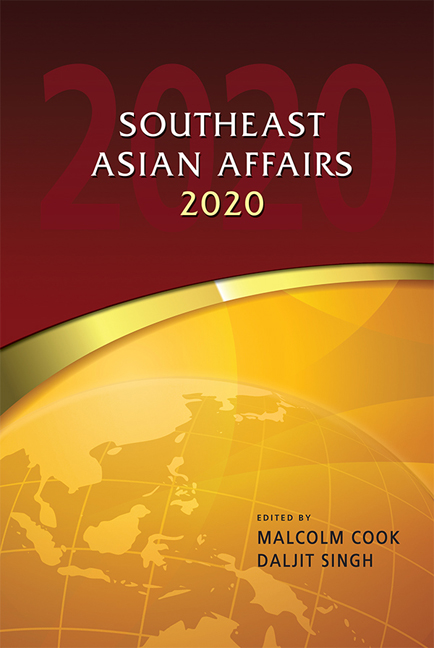The Ones Who Donât Walk Away from the Philippines
Published online by Cambridge University Press: 24 November 2020
Summary
Back in 1974, renowned writer Ursula Le Guin won the Hugo Award for Best Short Story for “The Ones Who Walk Away from Omelas”. Omelas was a peaceful, prosperous and blissful city. However, every child in the city, as a rite of passage, is made aware that their utopia depends on one child being locked and tortured in a basement. While the author frames the ending of the story in terms of those few who cannot stomach it and thus walk away from Omelas, a more instructive aspect is the part of those who did not—the ones who, no matter how begrudgingly, made the conscious decision to accept the price of paradise.
Halfway into his term, Philippine President Rodrigo Duterte, with his concomitant strongman approach to “get things done in the wake of democratic dysfunction”, continues to enjoy a “very good” approval rating from as much as 78 per cent of the population. While it is lower than the 86 per cent rating he held in 2016, it is still exceptionally high compared to those of other post- 1986 Philippine presidents. Duterte's popularity notably endures despite delays in infrastructure projects, a widely criticized rapprochement with China, doubt about the credibility of the Philippine National Police over the “ninja cops” issue, brewing unrest from farmers arising from competition with rice imports following the passage of the Rice Tariffication Law, and growing international criticism over the country's human rights record as evidenced by the so-called Iceland resolution in the United Nations Human Rights Council last June. During this year's midterm election, which was seen as a referendum on Duterte's illiberal approach to politics, the opposition failed to gain a single seat in the Senate. One writer despaired that the elections proved that “the Philippines just became more authoritarian, thanks to the people”.
This chapter joins the chorus of other reviews that have described the Philippine political trajectory as heading towards greater illiberalism and the centralization of power with the executive, which undermines the integrity of democratic politics as a modus vivendi. However, as a way forward it also takes stock of Duterte's broader policy agenda, in addition to his governance style and its corrosive impact on democratic institutions, which many writers have emphasized.
- Type
- Chapter
- Information
- Southeast Asian Affairs 2020 , pp. 275 - 292Publisher: ISEAS–Yusof Ishak InstitutePrint publication year: 2020

